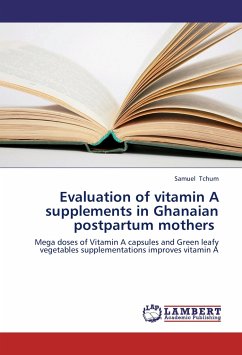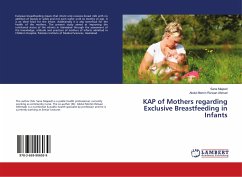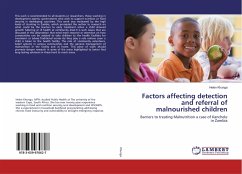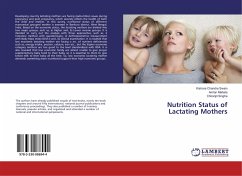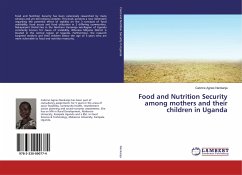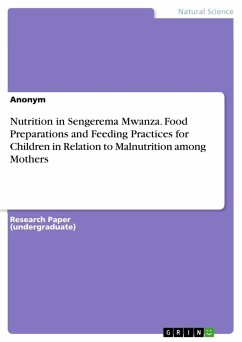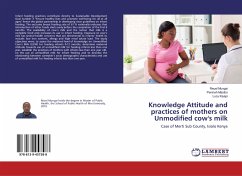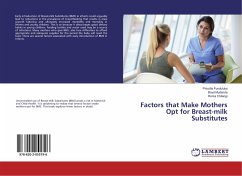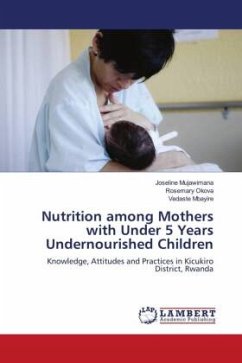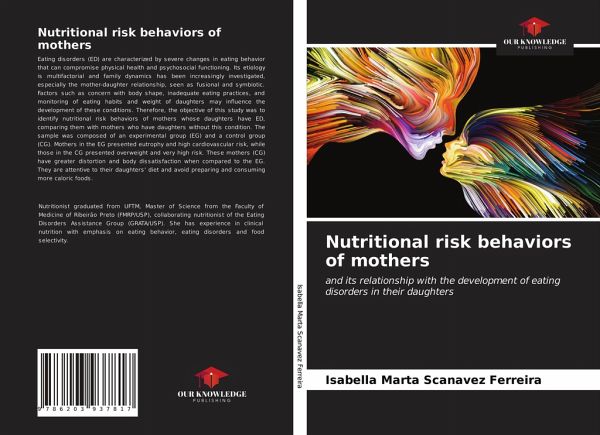
Nutritional risk behaviors of mothers
and its relationship with the development of eating disorders in their daughters
Versandkostenfrei!
Versandfertig in 6-10 Tagen
36,99 €
inkl. MwSt.

PAYBACK Punkte
18 °P sammeln!
Eating disorders (ED) are characterized by severe changes in eating behavior that can compromise physical health and psychosocial functioning. Its etiology is multifactorial and family dynamics has been increasingly investigated, especially the mother-daughter relationship, seen as fusional and symbiotic. Factors such as concern with body shape, inadequate eating practices, and monitoring of eating habits and weight of daughters may influence the development of these conditions. Therefore, the objective of this study was to identify nutritional risk behaviors of mothers whose daughters have ED...
Eating disorders (ED) are characterized by severe changes in eating behavior that can compromise physical health and psychosocial functioning. Its etiology is multifactorial and family dynamics has been increasingly investigated, especially the mother-daughter relationship, seen as fusional and symbiotic. Factors such as concern with body shape, inadequate eating practices, and monitoring of eating habits and weight of daughters may influence the development of these conditions. Therefore, the objective of this study was to identify nutritional risk behaviors of mothers whose daughters have ED, comparing them with mothers who have daughters without this condition. The sample was composed of an experimental group (EG) and a control group (CG). Mothers in the EG presented eutrophy and high cardiovascular risk, while those in the CG presented overweight and very high risk. These mothers (CG) have greater distortion and body dissatisfaction when compared to the EG. They are attentiveto their daughters' diet and avoid preparing and consuming more caloric foods.




